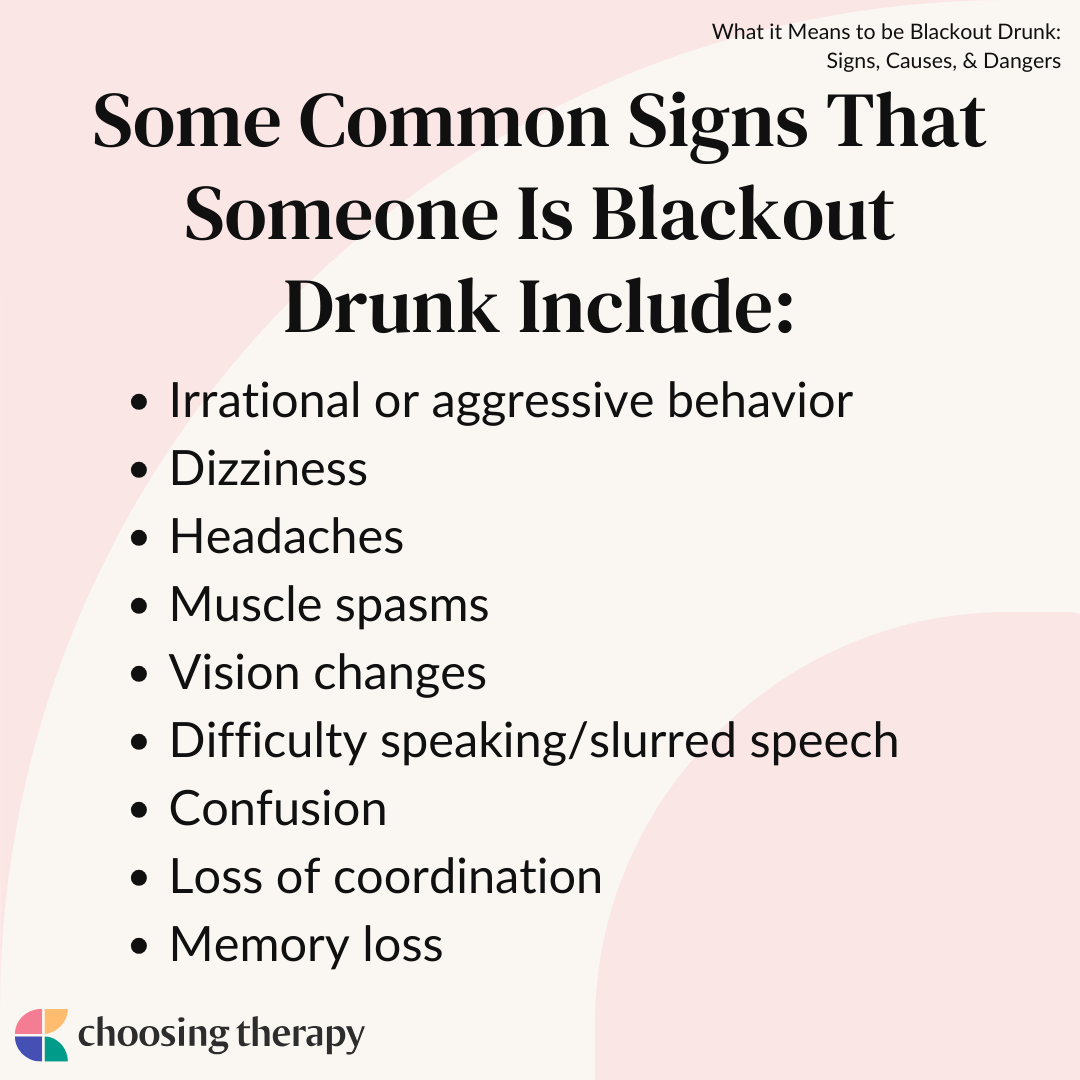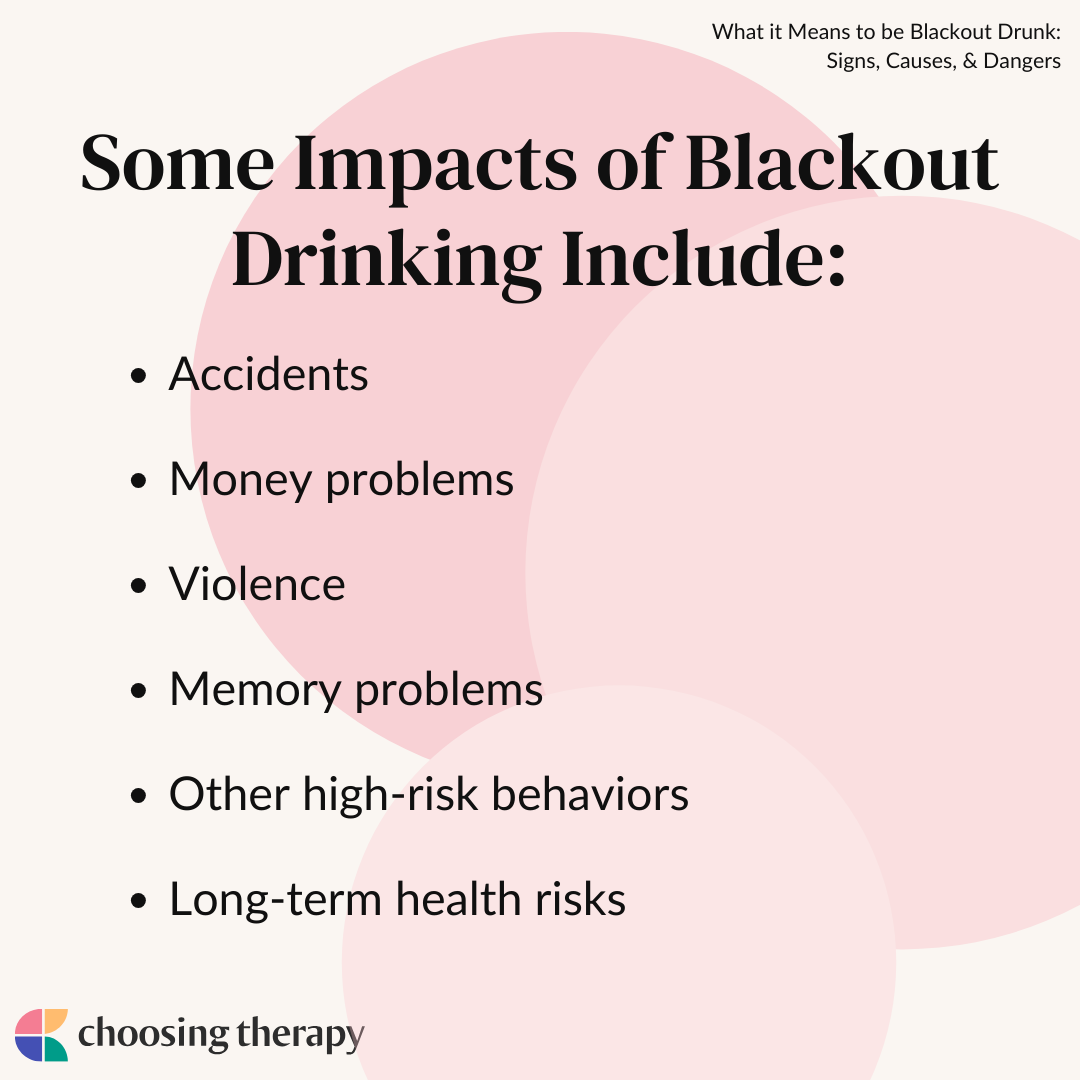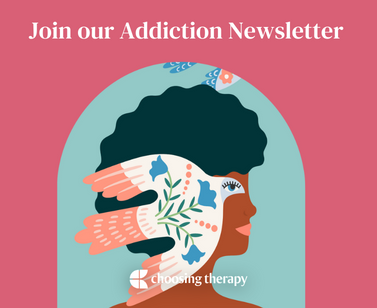Blackout drinking is when you drink enough alcohol to both become impaired and have little or no recollection of the events that occur. It can happen to anyone of any age and can even have long-lasting effects both physically and psychologically.
Want to drink less? – Sunnyside helps you ease into mindful drinking at your own pace. Think lifestyle change, not a fad diet. Develop new daily routines, so you maintain your new habits for life. Take a 3 Minute Quiz.
What Is Blackout Drinking?
The National Institute on Alcohol Abuse and Alcoholism (NIAAA) defines blackout drunk as “gaps in a person’s memory for events that occurred while they were intoxicated.”1 This means the person who is drinking has enough alcohol to block the transfer of new memories temporarily.
Many people assume blackout drinking is the same as someone becoming unresponsive or unconscious from their alcohol use. While this can happen, many people are still conscious while blackout drunk. NIAAA states, “During a blackout, a person is still awake but their brain is not creating new memories.”1
Is Blackout Drinking The Same As Binge Drinking?
- Binge drinking: Binge drinking is four or more drinks in two hours for women and five or more drinks in two hours for men.
- Blackout drinking: Blackout drinking involves memory gaps or loss after excessive drinking.
While binge drinking frequently leads to blackouts, a person could experience a blackout without binge drinking. A helpful way to remember the difference is binge drinking is based on the number of drinks a person has in at least 2 hours, whereas blackout drinking is based on the BAC.
How Blackouts Occur
As mentioned above, blackouts tend to begin when a person’s BAC is 0.16% or higher. The higher a person’s BAC, the more likely a blackout will occur. For reference, in the US, the legal limit for a DUI in most states is 0.08%.2
Blackouts are most likely to happen when alcohol enters the bloodstream quickly. A person could also drink heavily for an extended period and experience a blackout. For example, drinking all day with no breaks could lead someone’s BAC to rise higher and higher as the day progresses, despite the fact they did not sit down and drink quickly or heavily.
What Happens When You Blackout From Drinking?
When you blackout, you are still conscious. You may even be able to hold a conversation with others and complete tasks. American Addiction Centers states, “People who black out may engage in conversations, drive automobiles, and perform other behaviors they can’t recall later–such as spending money, talking, or having unprotected sex”.3
Blackout Drinking & Memory Loss
The temporary memory loss of a blackout is due to how alcohol impacts different areas of the brain. Many regions in the brain are impacted by alcohol, leading to impaired memory and learning.4, 5
The formal term for this type of memory loss is “anterograde amnesia,” which means you are unable to form or store new memories. While the extent of the memory loss can differ from person to person, a blackout will always include memory impairment in some form.
Can Blackout Drinking Lead To Alcohol Poisoning?
Blackout drinking and alcohol poisoning will not always happen together, but whenever your BAC rises above the legal limit, you are at risk for each. Alcohol poisoning is experienced when a person’s body is not able to process all the alcohol, and the alcohol remains in their system. Similar to blackout drinking, this is usually the result of drinking heavily in a short period.
Signs That Someone Is Blacked Out From Drinking
Signs that someone is blacked out may not always be easy to spot, so it can be helpful to know what to look for:
Some common signs that someone is blackout drunk include:
- Irrational or aggressive behavior
- Dizziness
- Headaches
- Muscle spasms
- Vision changes
- Difficulty speaking/slurred speech
- Confusion
- Loss of coordination
- Memory loss
Help for Alcohol Use Ria Health: Effective, Evidence-Based Alcohol Treatment 100% Online Quickly change your relationship to alcohol with our at-home program. On average, Ria Health members reduce their BAC levels by 50% in 3 months in the program. Services are covered by many major health plans. Visit Ria Health Recovery.com – Find the best local detox or rehab center covered by your insurance. Search our unbiased and thorough list of the best mental health and addiction treatment centers. Read reviews. Start Your Search Want to drink less? Sunnyside helps you ease into mindful drinking at your own pace. Think lifestyle change, not a fad diet. Develop new daily routines, so you maintain your new habits for life. Take a 3 Minute Quiz
Types Of Blackouts
There are two primary forms of blackouts; fragmentary blackouts and “en bloc” blackouts.
Fragmentary blackout
This involves “spotty” memories of events. So you may remember bits and pieces of what happened, but not everything. These may also be called grayouts or brownouts.1
“En Bloc” blackout
Complete amnesia with no recollection of events for hours at a time and no ability to recover these.1
Who Is At Risk For Blackout Drinking
Blackouts can occur for anyone with high BACS; however, some people are more at risk and can experience blackouts at lower BACs.
Some common risk factors include:
- A person’s age, weight, and gender
- The type of alcohol consumed
- The amount of alcohol consumed
- The speed of consumption
- Dehydration
- Drinking on an empty stomach
- Binge drinking
- Those on sleep or anti-anxiety medications
- Genetics and family history of substance use/abuse
Impact Of Blackout Drinking
Since blackout drinking involves both high consumption of alcohol and high levels of alcohol in the body, there are significant risks.
Some impacts of blackout drinking include:
Accidents
Alcohol affects balance, coordination, and response time. This can lead to things like tripping, falling, or trouble walking/standing upright. There are also other more severe accidents that can happen, like motor vehicle accidents, bike crashes, drowning, burns, and other bodily harm (e.g., broken bones).6
Money Problems
Alcohol also impacts parts of the brain responsible for decision-making. Many people find when they drink, they tend to worry or care less. While this can feel like a relief at the moment, the consequences to your bank account can be serious when you start to spend money in unsafe or irresponsible ways.
Violence
The CDC and other bodies of research have noted increased rates of violence in correlation with alcohol use, especially excessive use. Physical fights, arguments, homicide, suicide, sexual assault, and intimate partner violence are all severe risks associated with blackout drinking and excessive alcohol use.7
Memory Problems
Alcohol, even in moderate amounts, can impact memory, which is why the memory impairment associated with blackout drinking is increased. The more heavily you drink, and the more often you do so, the more likely you are to experience memory problems. Long-term excessive alcohol use has also been shown to impact memory and decision-making ability permanently.
Other High-Risk Behaviors
Blackout drinking is also associated with other high-risk behaviors like unprotected sex, sex with multiple partners, self-injurious behavior, increased suicidal ideation, stealing, lying, becoming argumentative or defiant, breaking items, not wearing a helmet, etc.
Long-Term Health Risks
The more often someone engages in blackout drinking, the more at risk they are of developing longer-term health risks. For example, heavy alcohol use has been shown to increase the following: Cancer, high blood pressure, heart disease, stroke, liver disease, digestive problems, weakened immune system, dementia, depression, anxiety, job-related problems, unemployment, and alcohol dependence.7
Ria Health: Effective, Evidence-Based Alcohol Treatment 100% Online Quickly change your relationship to alcohol with our at-home program. On average, Ria Health members reduce their BAC levels by 50% in 3 months in the program. Services are covered by many major health plans. Visit Ria Health
Preventing Blackout Drinking
Thankfully, there are steps everyone can take to prevent blackout drinking.
Here are some ways to prevent blackout drinking:
- Responsible alcohol consumption: Try to drink in moderation and do not binge drink as much as possible. Remember to pace yourself and listen to your body when you drink.
- Knowing one’s limits: Alcohol tolerance varies from person to person. Knowing how much alcohol you can or cannot consume will help decrease the likelihood you drink more than planned.
- Eat Before You Drink: Since BAC is going to rise more quickly if you have an empty stomach, try to eat before you drink. You can also snack on items in between drinks.
- Avoid Hard Liquor: Hard liquor has a higher alcohol content, which makes it more likely your BAC will rise quickly. If you only drink hard liquor, try to avoid shots, “doubles”, and make sure your drink has a mixer.
- Drink Slowly: It doesn’t have to be a race. Enjoy your drink, and take it slow. This will help your BAC not rise too quickly.
- Drink Water In Between Drinks: Staying hydrated is key and will also help slow down how many drinks you’ve had. It will also help with how you feel after having a drink or two!
- Count Your Drinks: One of the easiest ways to experience a blackout is to not keep track of how much you’ve consumed. By keeping track of your drinks, you will not only learn your limits, but you won’t run the risk of accidentally drinking more than you can handle.
- Set Limits: If you struggle to drink in moderation, set hard limits for yourself. This could be only drinking lower alcohol beverages (eg. wine, beer) or setting a limit on how many drinks you will have in an hour or for the evening.
- Ask for Accountability: Have a friend, partner, or family member help you set limits or let you know when things have gone too far.
- Become Sober Curious: If you feel like you struggle to control your alcohol use, become sober curious. This means you try out sobriety for a short period. This could be a week or month.
How to Cope With a Blackout
If you or someone you know experiences a blackout while drinking, get medical attention right away. Some warning signs include trouble breathing, their heart rate becomes low, they begin vomiting, their skin is clammy, or they become unable to stay awake. If you feel someone has been a victim of violence, seek medical attention immediately.
It’s normal to feel embarrassed, especially if you engaged in any behaviors you weren’t proud of. But, it’s also important to extend compassion to yourself and admit you made a mistake. You can also always take steps to think about what happened and what you can do differently next time.
Want to drink less? – Sunnyside helps you ease into mindful drinking at your own pace. Think lifestyle change, not a fad diet. Develop new daily routines, so you maintain your new habits for life. Take a 3 Minute Quiz.
Signs Your Loved One Might Be Misusing Alcohol
Sometimes blackout drinking is part of a serious problem, like alcohol abuse, misuse, or dependence. Just like it can be helpful to know the signs of a blackout, it can also be helpful to know the signs of misuse.
Some signs that your loved one might be misusing alcohol include:
- Depression: Alcohol use and depression go hand in hand. In fact, there’s research dating all the way back to 1996 about the relationship between depression and alcohol use.8 Many people use alcohol to hide from symptoms of depression.
- Anxiety: Alcohol use and anxiety are also frequently linked together. Many people find the effects of alcohol mask symptoms of anxiety, partially because alcohol is a depressant, meaning it is likely to make someone feel more calm and relaxed.
- Trouble controlling use: When someone begins to struggle with how much and how frequently they consume alcohol, it is time to talk.
- Drinking on inappropriate occasions or at inappropriate places: If no one else is drinking, the event is alcohol-free, or alcohol is discouraged, yet, the person still insists on drinking, this is a sign.
- Frequent Blackouts: If someone is frequently drinking and experiencing blackouts, this means they might be at a BAC that’s higher than the legal limit, which is considered alcohol misuse, and can also be dangerous.
- Other mental health conditions: Bipolar disorder, ADHD, and those diagnosed with personality disorders are at higher risk for misusing alcohol to hide from symptoms.
- Exhibiting signs of irritability when unable to drink: If someone is irritable when they aren’t able to engage in drinking, this is a sign of misuse or dependence.
- Changes in mood or behavior: Maybe someone is more down than normal, they are arguing more frequently with those in their life, they are lying or engaging in high-risk behaviors. These can all be signs of alcohol misuse.
- Significant life changes: A cross-country move, job loss, death, family conflict, and other significant life stressors or changes can lead people to increase their alcohol use or lead to misuse.
When to Seek Professional Help
If blackouts start to happen, or you are having trouble cutting down on your alcohol use, it may be time to reach out for support. Thankfully you can use an online therapist directory or online therapy platform to find a therapist who specializes in alcohol addiction or behavior change. There are also online psychiatrist options.
It’s important to note that if you’ve been misusing alcohol for a prolonged period seeking in-person care to help you with detox may be the best option. This will make sure you are medically monitored and get treatment for withdrawal symptoms.
In My Experience
To help our readers take the next step in their mental health journey, Choosing Therapy has partnered with leaders in mental health and wellness. Choosing Therapy is compensated for marketing by the companies included below. Alcohol Treatment – Cut Back or Quit Entirely Ria Health – Quickly change your relationship to alcohol with our at-home program. On average, members reduce their BAC levels by 50% in 3 months in the program. Services are covered by many major health plans. Visit Ria Health Drinking Moderation Sunnyside – Want to drink less? Sunnyside helps you ease into mindful drinking at your own pace. Think lifestyle change, not a fad diet. Develop new daily routines, so you maintain your new habits for life. Take a 3 Minute Quiz Detox or Rehab Center Covered by Insurance Recovery.com – Find the best local detox or rehab center covered by your insurance. Search our unbiased and thorough list of the best mental health and addiction treatment centers. Read reviews. Start Your Search Treatment for Mental Health Conditions That Coexist With SUD Talkiatry – Get help from a doctor who can treat the mental health conditions that commonly lead to or coexist with substance use disorders. Take our online assessment and have your first appointment in days. Take Assessment Addiction Newsletter A free newsletter for those impacted by addiction. Get helpful tips and the latest information. Sign UpAdditional Resources
Best Online Medication-Assisted Treatment Programs Online medication-assisted treatment programs are fairly new to the telehealth industry, but existing companies are expanding quickly with new programs emerging every day. It’s important to explore your options and understand the level of virtual care available so you can choose the best addiction treatment program for you.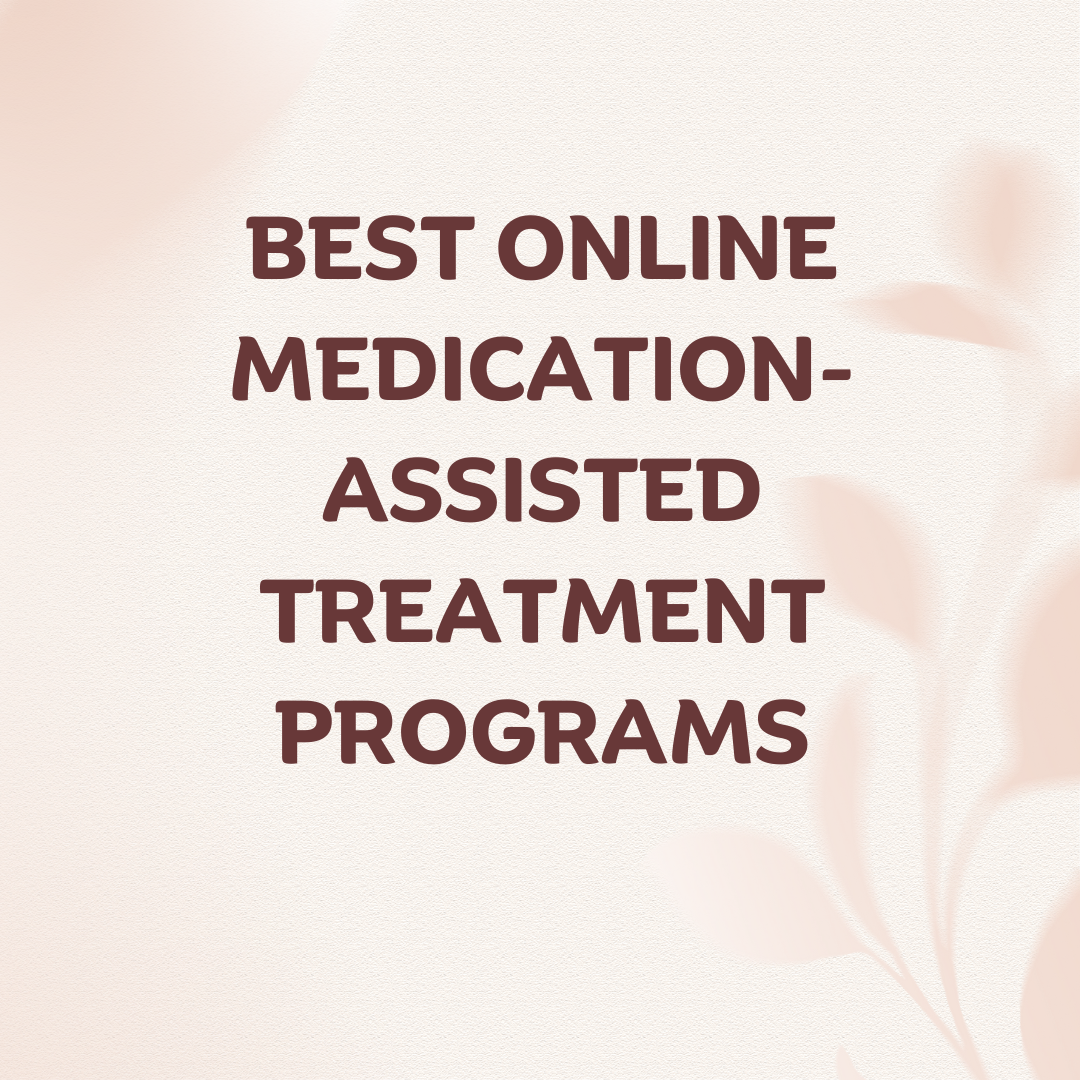
Best Mindful Drinking Apps If you’re thinking about joining the sober curious movement and you’d like to cut back on drinking, mindful drinking apps are a great place to start. Practicing mindful drinking can take some time, attention, and patience, but with the help of the right app, you can completely transform your relationship with alcohol.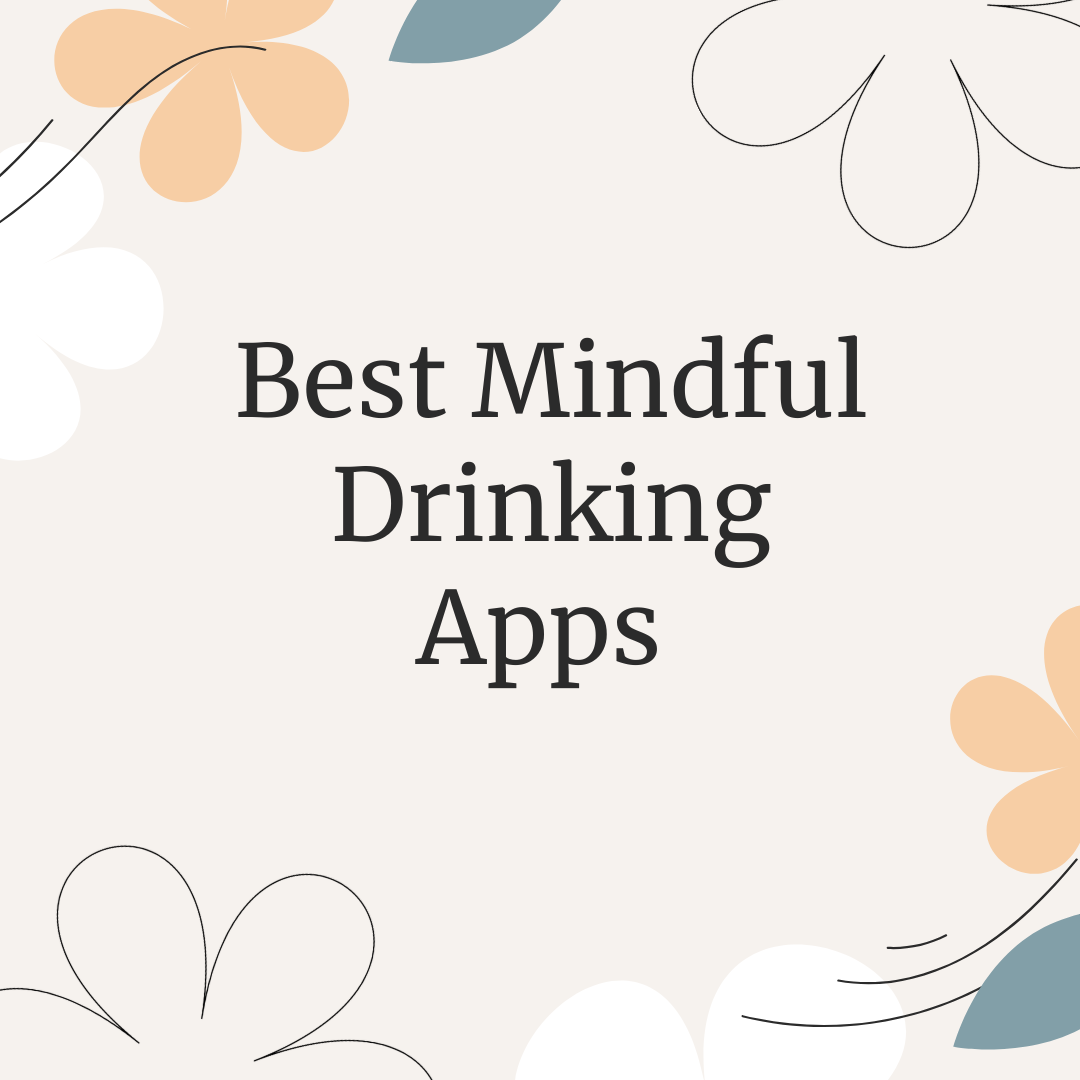
What it Means to be Blackout Drunk Infographics
